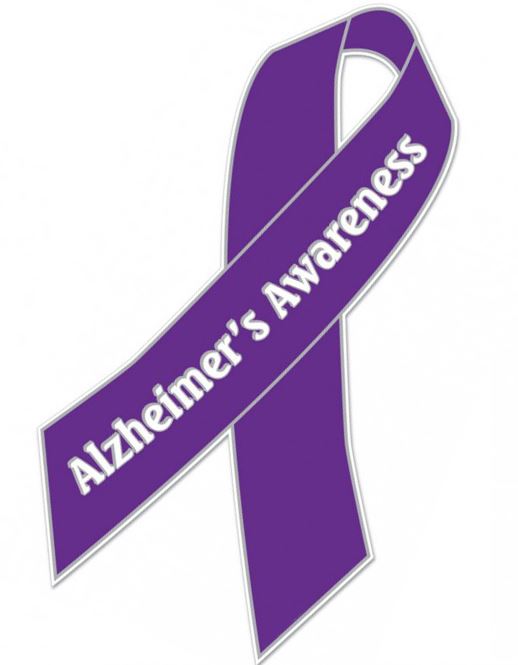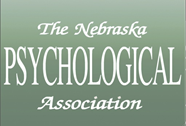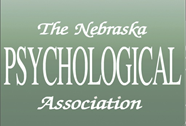 Nebraska Psychologists Encourage
Nebraska Psychologists Encourage Alzheimer’s Caregivers to Improve Well-Being
(November 3, 2015)
A diagnosis of Alzheimer’s disease or dementia can be emotionally overwhelming for the individual as well as the family. As we recognize National Alzheimer’s Disease Awareness Month and National Caregiver Month this November, it’s important to be aware of the unique challenges Alzheimer’s and dementia caregivers face.
Nearly 60 percent of Alzheimer’s and dementia caregivers rate the emotional stress of caregiving as high or very high, and more than one-third of them report symptoms of depression, according to the Alzheimer’s Association. The demands of physical caregiving and constant supervision combined with the emotional toll of seeing a loved one so altered by dementia can be a lot to handle. However, the best thing caregivers can do for their loved ones is to stay mentally and physically strong.
In 2015, an estimated 33,000 Nebraskans have Alzheimer’s or dementia. That number is projected to increase 21 percent by 2025 to 40,000 Nebraskans. “Many Nebraska family members who care for loved ones with Alzheimer’s are doing so on their own with little or no resources,” says Dr. Diane Marti, the PEC coordinator for the Nebraska Psychological Association. “Some caregivers are really stressed out.”
Nebraska psychologists encourage caregivers to improve their well-being in a number of ways:
Actively manage stress by taking time to exercise, meditate or talk to a friend. Finding positive, healthy ways to manage stress can lower the risk for negative health consequences.
Accept the changes that the person with dementia is facing. Even if they can’t remember a name, they may still recognize and have feelings for their friends and family.
Understand that no one can do this alone. Seek support from friends, family or a support group. For many this support may be enough. But if a caregiver finds himself or herself overwhelmed, a psychologist may be able to help. Psychologists can work with the individual and family to develop strategies to improve quality of life and manage emotions related to the diagnosis.
For additional information and local resources regarding Alzheimer’s disease, visit the Nebraska Chapter of the Alzheimer’s Association at: http://www.alz.org/nebraska/. Visist www.nebpsych.org for additional resources and information about Nebraska psychologists.
Nearly 60 percent of Alzheimer’s and dementia caregivers rate the emotional stress of caregiving as high or very high, and more than one-third of them report symptoms of depression, according to the Alzheimer’s Association. The demands of physical caregiving and constant supervision combined with the emotional toll of seeing a loved one so altered by dementia can be a lot to handle. However, the best thing caregivers can do for their loved ones is to stay mentally and physically strong.
In 2015, an estimated 33,000 Nebraskans have Alzheimer’s or dementia. That number is projected to increase 21 percent by 2025 to 40,000 Nebraskans. “Many Nebraska family members who care for loved ones with Alzheimer’s are doing so on their own with little or no resources,” says Dr. Diane Marti, the PEC coordinator for the Nebraska Psychological Association. “Some caregivers are really stressed out.”
Nebraska psychologists encourage caregivers to improve their well-being in a number of ways:
Actively manage stress by taking time to exercise, meditate or talk to a friend. Finding positive, healthy ways to manage stress can lower the risk for negative health consequences.
Accept the changes that the person with dementia is facing. Even if they can’t remember a name, they may still recognize and have feelings for their friends and family.
Understand that no one can do this alone. Seek support from friends, family or a support group. For many this support may be enough. But if a caregiver finds himself or herself overwhelmed, a psychologist may be able to help. Psychologists can work with the individual and family to develop strategies to improve quality of life and manage emotions related to the diagnosis.
For additional information and local resources regarding Alzheimer’s disease, visit the Nebraska Chapter of the Alzheimer’s Association at: http://www.alz.org/nebraska/. Visist www.nebpsych.org for additional resources and information about Nebraska psychologists.
To learn more about the American Psychological Association, visit www.apa.org/helpcenter and follow@APAHelpCenter on Twitter. Follow us on Twitter at @NEPsychAssoc.
# # #
 The Nebraska Psychological Association is the only statewide organization dedicated solely to represent the interests of psychologists and psychology across Nebraska. NPA membership includes 40% of the licensed psychologists in Nebraska, and is an affiliate of the American Psychological Association. NPA promotes the independent practice of clinical and consulting psychology; the highest standards of ethical & effective practice; the dissemination of evidenced based practices; the application of psychological resources to address social problems; and the education of government entities, elected representatives and the public on the practice and science of psychology. NPA holds scientific and professional meetings, conducts continuing education programs, and advocates on behalf of psychology in the Nebraska Legislature. NPA’s Central Office is located in Lincoln, NE.
The Nebraska Psychological Association is the only statewide organization dedicated solely to represent the interests of psychologists and psychology across Nebraska. NPA membership includes 40% of the licensed psychologists in Nebraska, and is an affiliate of the American Psychological Association. NPA promotes the independent practice of clinical and consulting psychology; the highest standards of ethical & effective practice; the dissemination of evidenced based practices; the application of psychological resources to address social problems; and the education of government entities, elected representatives and the public on the practice and science of psychology. NPA holds scientific and professional meetings, conducts continuing education programs, and advocates on behalf of psychology in the Nebraska Legislature. NPA’s Central Office is located in Lincoln, NE.
